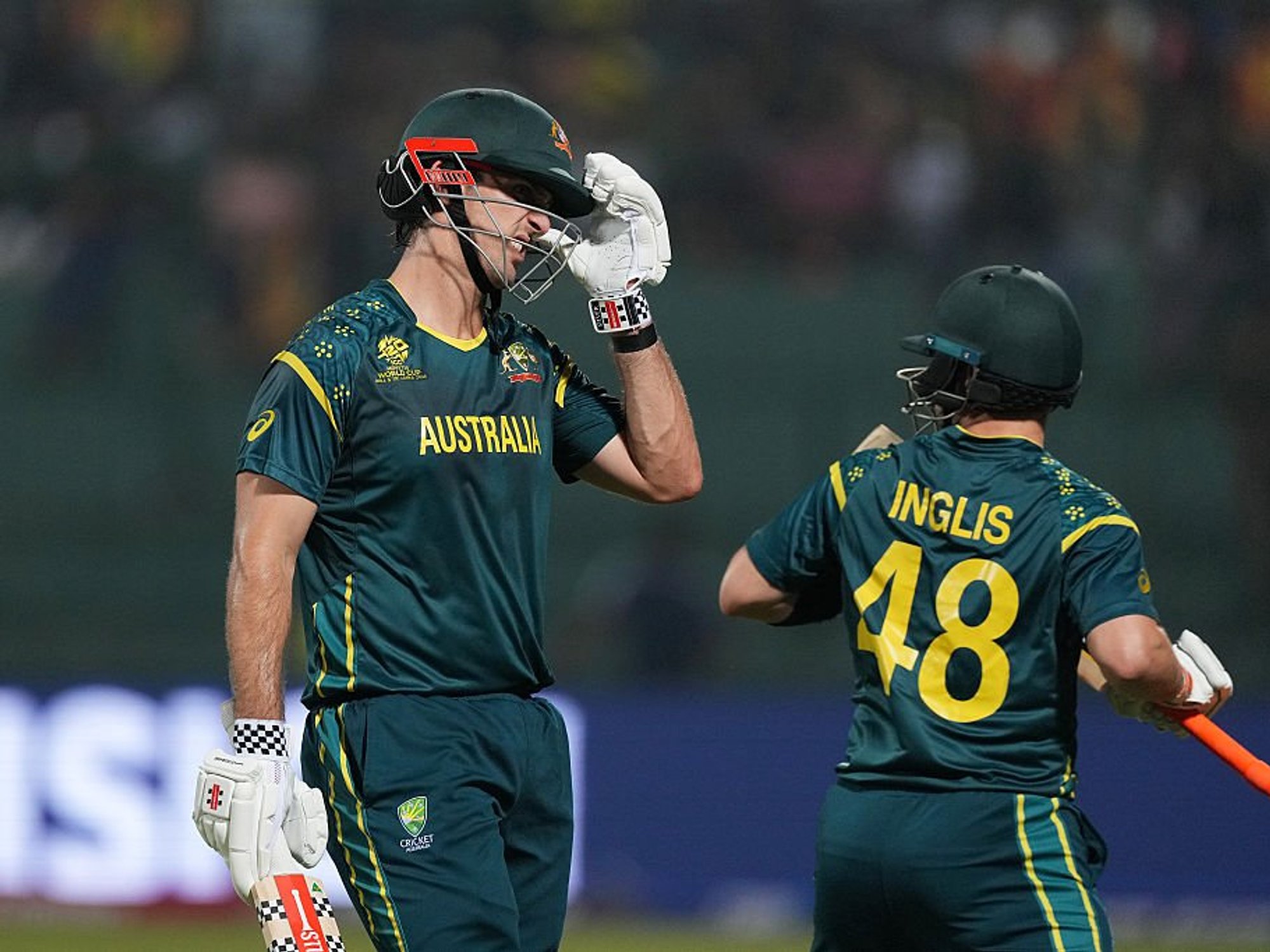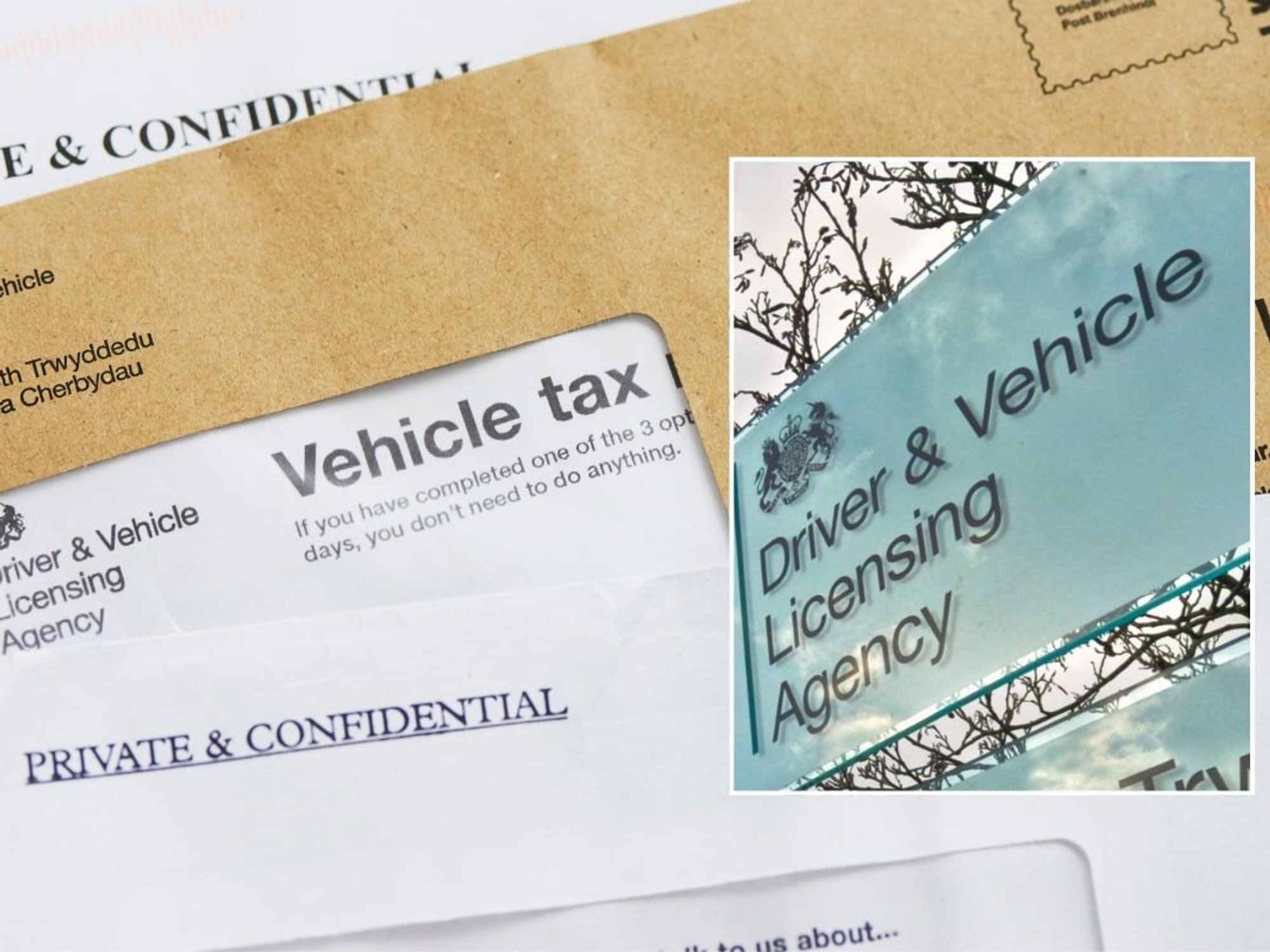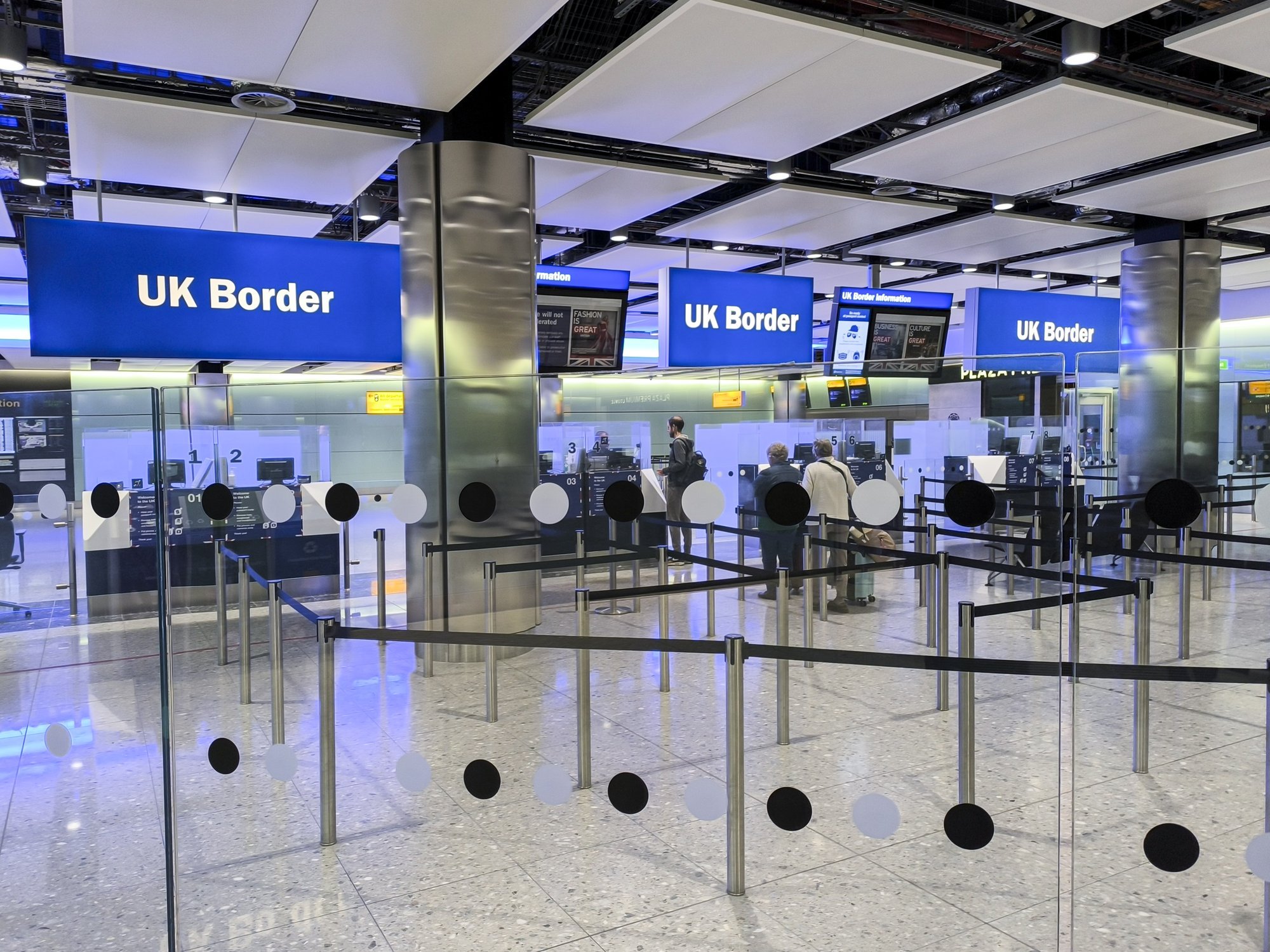Older drivers face mandatory eyesight tests after 'wake-up call' as support grows for new rules

Hundreds of thousands of drivers across the country could be struggling to drive with poor eyesight
Don't Miss
Most Read
Latest
Experts are urging motorists to take matters into their own hands when it comes to giving up driving, with one road user explaining a "wake-up call" following an accident.
A road safety expert has warned that more than 600,000 people living in England have cataracts, meaning they could find it difficult to drive in rural areas at night.
Almost half of cataract patients (43 to 46 per cent) struggle to drive prior to having surgery, according to the latest research.
One driver, Doug Laver, was involved in an accident due to his vision issues, causing him to drive off the road and burst two tyres.
The former chief financial officer outlined that he found dark rural road conditions and glare from headlights incredibly challenging.
He eventually lost confidence in his driving ability, prompting him to work from home more often, which caused him to become more isolated and lose passion for his hobbies.
Mr Laver added that he faced additional health challenges, saying: "For the first time in my life, I started to have issues with migraines.
"There were big challenges with light sensitivity and, as the work day wore on, I'd have to take breaks from my computer. Fundamentally, it became really difficult for me to do my job."
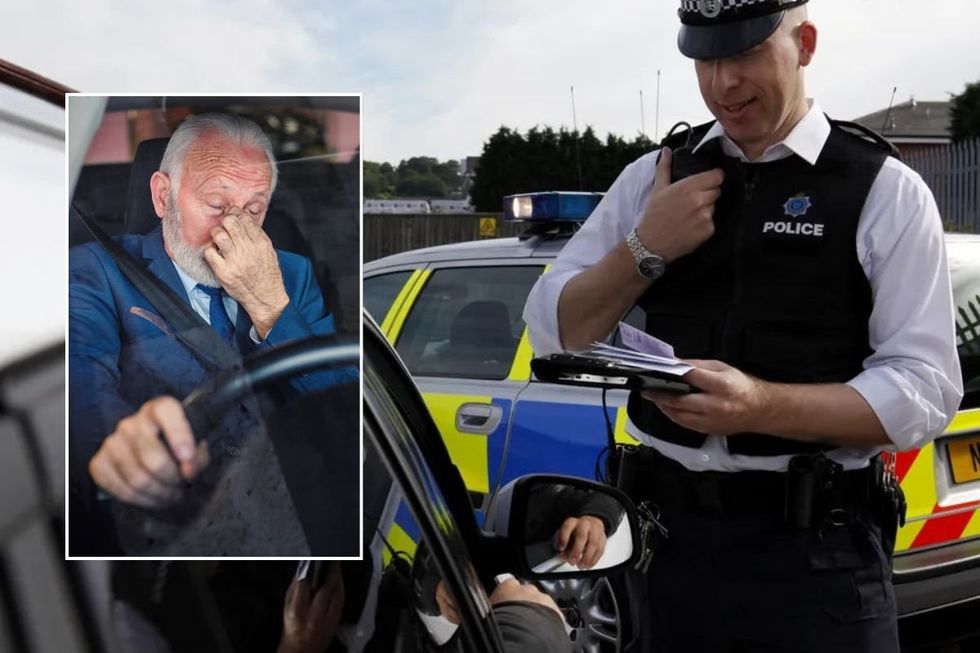
Experts are calling on drivers to ensure their eyesight is suitable to be behind the wheel
|GETTY
He stated that the gradual deterioration of his eyesight was not noticeable at first, although blurred vision and a lack of clarity had an impact on his ability to ride his horses and go to concerts.
Labour has suggested that it will take steps to require motorists over the age of 70 to have mandatory eye tests to boost road safety across the country.
The new Road Safety Strategy will be the first report published in more than a decade, with experts calling for urgent measures to be included.
Calls for frequent eye tests have been supported by experts, including the College of Optometrists, who have urged motorists to get an eye test if they feel their sight has worsened.
LATEST DEVELOPMENTS
When taking their practical driving test, motorists are required to read a number plate from 20 metres away, which is the length of around five parked cars.
They must also meet the minimum eyesight standard by having a visual acuity of at least decimal 0.5 (6/12) measured on the Snellen scale.
Police forces around the UK have been conducting roadside eye tests to ensure motorists have the minimum standards required to operate a vehicle safely.
Mr Laver added: "My advice to anyone putting off cataract treatment is don't wait until it impacts your life or puts you in danger.
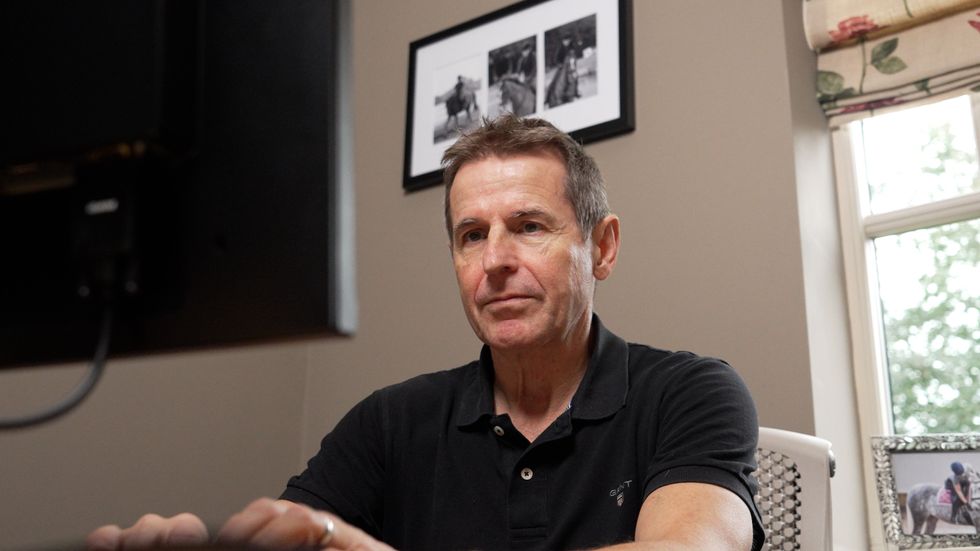
Doug Laver explained that a road accident led him to take notice of his failing eyesight
|SPAMEDICA
"For me, a driving incident was the wake-up call that something needed to be done. It's very straightforward and the benefits are massive."
Dr Alexander Silvester, Chief Medical Officer at SpaMedica, said Mr Laver's story provided an "important reminder" for drivers to make sure their eyes are roadworthy.
He also called on drivers who have concerns about their eyesight to get a check-up as soon as possible to ensure any issues are investigated.
A Department for Transport spokesperson told GB News: "The NHS recommends adults should have their eyes tested every two years, and while we do not have plans to change eyesight requirements for driving, we continue to explore ways to improve road safety."






